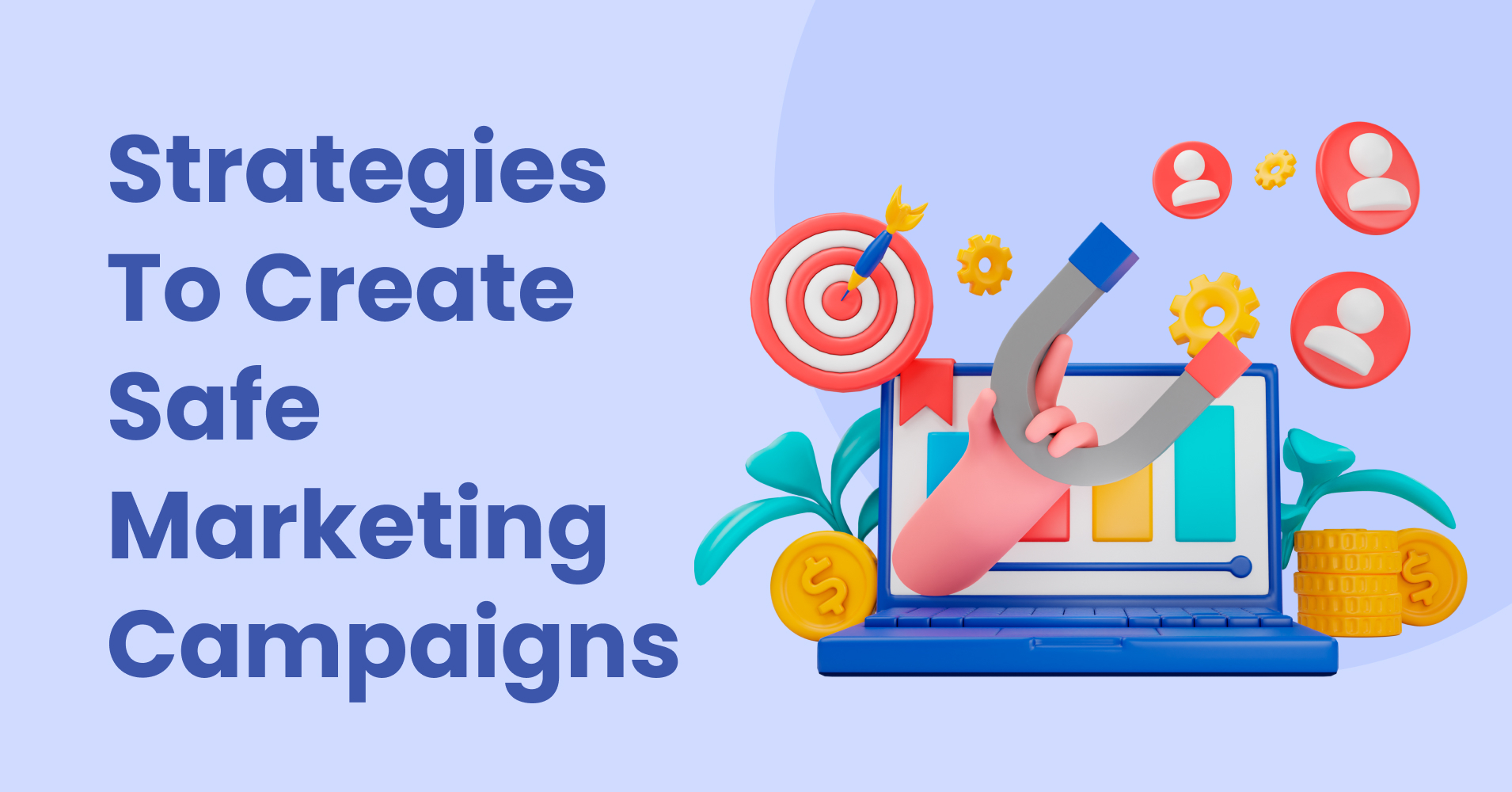There must be nothing more disappointing than receiving an email from your favourite company saying they had a data breach. 66.33 million people use the internet only in the United Kingdom.
Imagine how much of their private information is used daily to deliver digital marketing and advertisement campaigns.
Why It Is Important To Secure Your Consumers’ Data
Consumer data can include information collected from individuals interacting with any brand online at any point in their lives. Protecting users is essential for all businesses equally though small businesses, in particular, usually face higher risks. Limited resources could lead to poor security strategies.
In these ten tips, you will find useful information to run high-performing marketing campaigns while keeping your client’s data safe.
1. Designate a specific team or person to control your data.
Firstly, ensure that every member of your marketing team understands the importance of data protection. Even if your organisation is small, everyone should be trained in best practices for handling consumer data.
If you have access to large amounts of data, consider hiring specific professionals within the security field. Data privacy specialists and crisis managers are examples of team members who could prevent and mitigate data breaches. This decision could be life-changing to the future of your business.
2. Secure Data Storage and Access
Have you ever thought of where you store your consumer data? Whether the answer is in the cloud or on internal servers, your storage systems should be encrypted and secure. Use every level of security you can, depending on the possibilities of your business.
Also, limit the amount of people who have access to your data. You don’t need every person within your team to have access to it; make sure to set up levels of access depending on job functions or hierarchy.
3. Obtain Consent and Be Transparent
Transparency is key when it comes to online advertisement and marketing. Always obtain explicit consent from individuals before gathering their information for marketing purposes.
It’s also a good idea to get legal advice from an expert regarding your specific area’s regulations. It is recommended to use clear and concise opt-in forms to explain how you’ll use the data and give users control over their preferences.
4. Limit Data Collection
Do you really need to collect every piece of information you can? Limit your data collection to only what is necessary for your marketing campaigns, reducing the risk of exposure in case of a breach.
If you create personalised and good marketing strategies, you won’t need to gather much information. Stay with the essential information that directly influences your marketing goals.
The less information you have, the easier it is to protect. It’s best to keep it minimal here and consistently reevaluate the data you need for your marketing campaigns.
5. Regularly Update Software
Outdated software is usually one of the main reasons for security vulnerabilities. Keep all marketing tools and platforms up to date with the latest security patches and updates. Enable all automatic updates wherever possible to ensure that your software always runs the latest, most secure version.
Big companies are also worried about data leaks; they usually provide new tools and versions you can make the most of.
6. Use VPNs for Work Environments
VPNs allow your team to hide their IP address and encrypt sensitive data. Encourage everyone within your business to use virtual private networks (VPNs) when accessing sensitive information.
Whether you work from home, at an office, or with a hybrid arrangement, you can invest in reliable UK VPN services to encrypt data and protect your customers and team members.
7. Monitor Third-Party Vendors
If you work with third-party vendors or marketing partners, they should follow the same data protection standards as you. Perform regular assessments of vendors to evaluate their data security practices and mitigate any potential risks.
Establish clear contracts with your third-party vendors, ensuring that data protection clauses are clearly outlined in contracts.
Specify the responsibilities of your business in particular and include protocols. This will provide a legal framework in case you need to hold vendors accountable for bad usage and administration.
8. Conduct Regular Security Audits
Take a proactive approach and regularly audit your marketing platforms and data storage systems. This way, you can identify potential vulnerabilities beforehand and prevent security gaps. Marketers have to stay one step ahead when it comes to data because once campaigns are launched, there is no turning back.
It couldn’t hurt to check on your team, too, and provide updated information or access to courses if needed.
9. Monitor for Suspicious Activity
Stay vigilant for signs of unusual or suspicious activity on your marketing platforms. Don’t be too confident of any platform, even if you have been using it for a long time. 50 % of businesses in the UK have experienced security breaches or attacks in the last 12 months.
Early detection can help prevent data breaches before they escalate. Set up automated alerts for unusual login attempts to quickly identify potential security threats.
10. Have a Response Plan
Even if you do your best, data breaches can still happen, and you will need a response or crisis plan. Be prepared for the worst-case scenario with a complete plan to minimise the damage and rapidly address the situation.
If you count on a specific security team, this should be easy, but if you don’t, you might need to create a strategy and select a response team or helper.
Conclusion
Prioritising consumer data protection could take a long time and be expensive. Many resources are needed for a strong security strategy, but depending on the size of your business, you can manage this using different approaches.
By implementing these ten strategies and asking for help if needed, you can ensure your client’s safety and your organisation’s prestige. Delivering marketing campaigns that resonate with your audience while maintaining high standards of security is possible in 2024.





